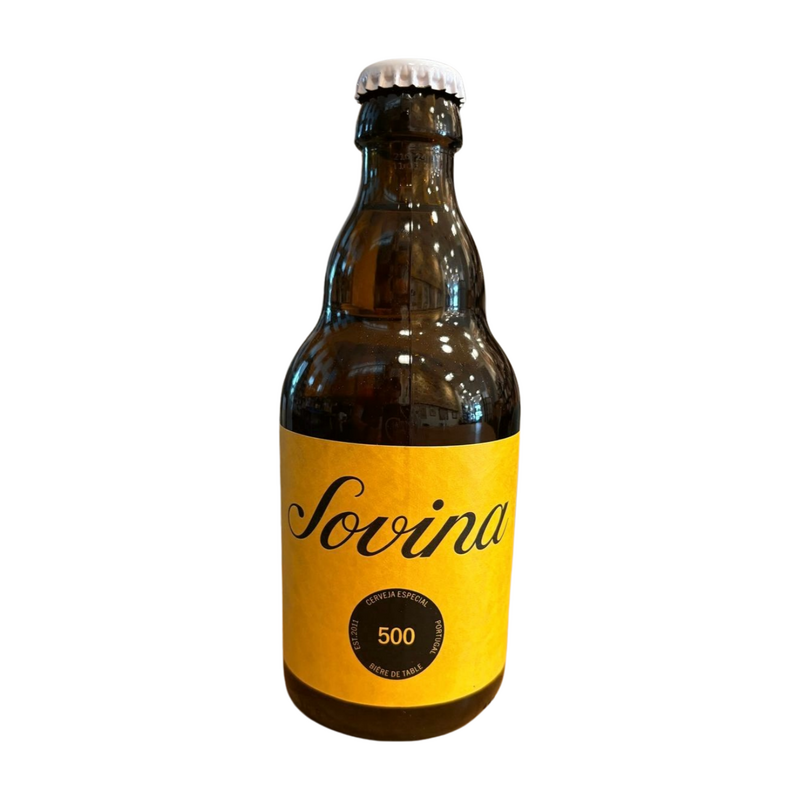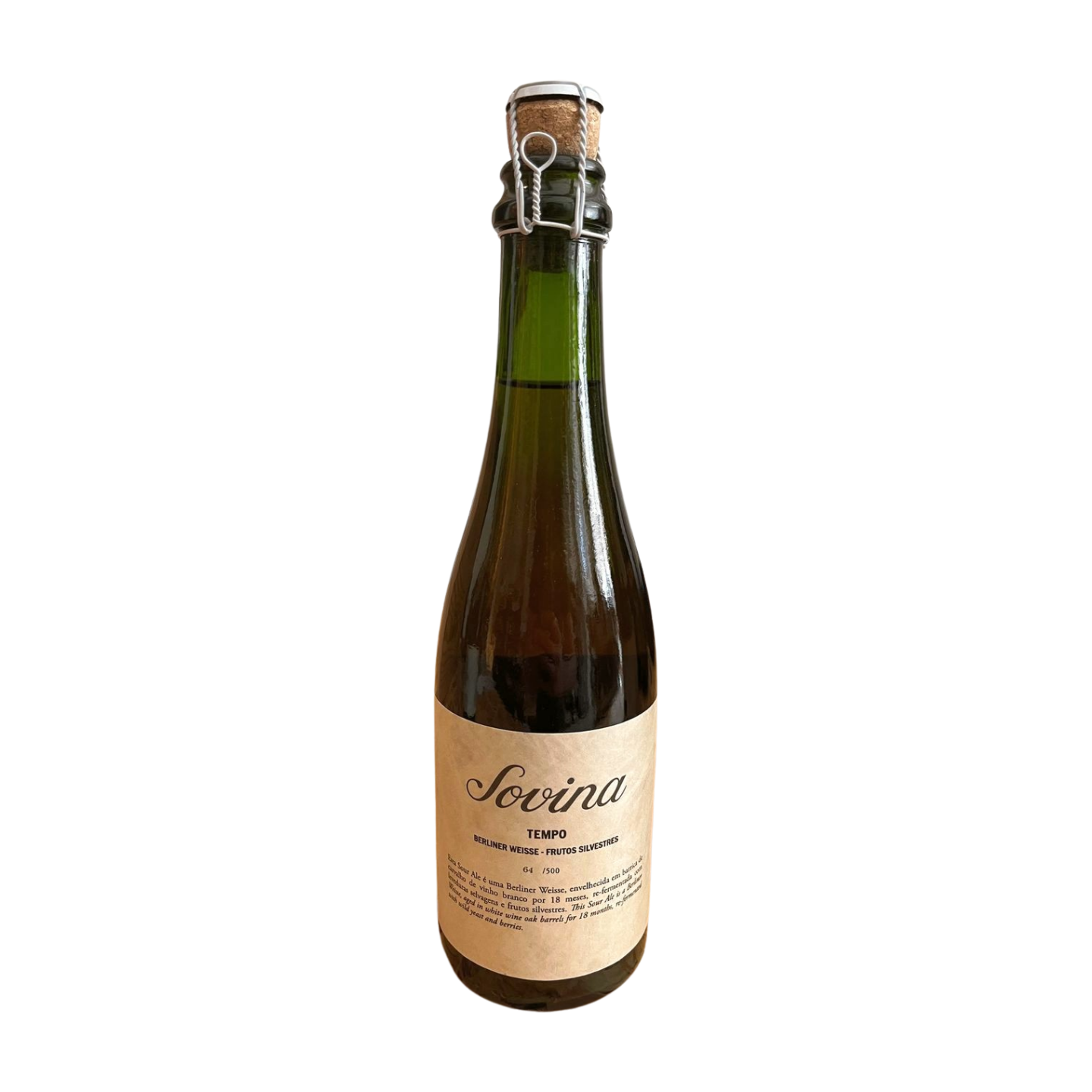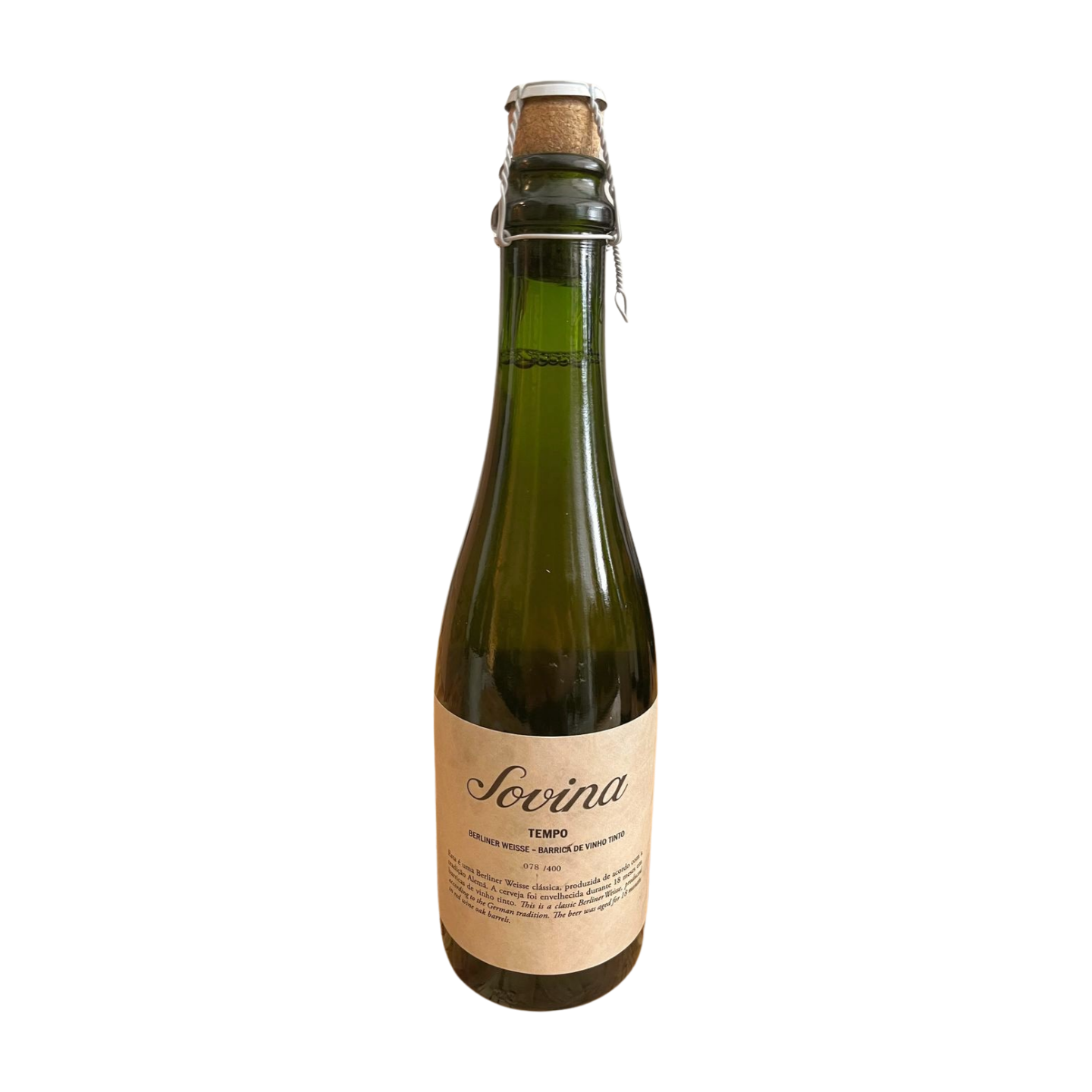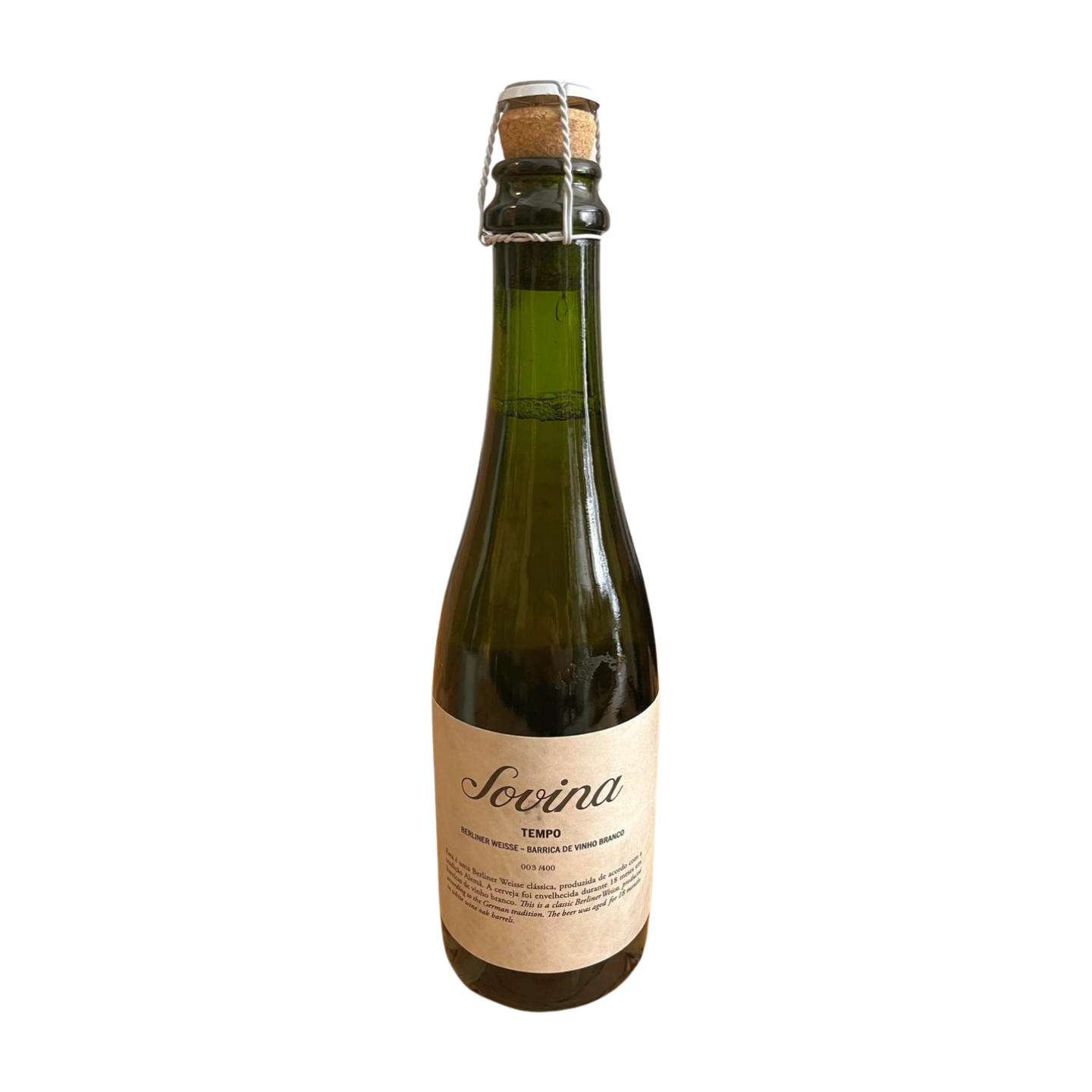Sovina
The history of Sovina is effectively the history of the modern Portuguese craft beer movement itself. It began in Porto in 2009 with the formation of Os Três Cervejeiros (The Three Brewers)—Alberto Abreu, Arménio Martins, and Pedro Sousa. This trio wasn't merely selling beer; they were sowing the seeds of a future industry by running a supply business to cultivate the country's homebrewing community. After two years of intensive recipe development and pilot batches, they launched the Sovina brand in 2011, making them widely recognized as the nation’s first commercial craft brewery. Their initial releases—including the classic Amber (a Bière de Garde style) and Helles—were meticulously crafted, unfiltered, and free of additives, establishing an early benchmark for quality against the dominance of industrial lagers.
The brand's identity, focused on traditional European styles and an almost gastronomic approach to beer, became a victim of its success when the craft beer boom hit Portugal around 2015. Newer, more aggressively modern breweries like Musa and Dois Corvos arrived with louder branding and rapidly evolving hop-forward styles, causing Sovina to lose some of its earlier momentum. This led to a key transition in 2018 when the Esporão Group, a giant in the Portuguese wine sector, acquired the company. Esporão's resources and emphasis on terroir proved invaluable, relocating production to their facility in Alentejo. This strategic move brought brewers and winemakers into close dialogue, sparking the acclaimed Sovina Tempo series—innovative barrel-aged and mixed-fermentation projects that utilize indigenous Portuguese wine barrels and local grapes like Touriga Nacional, explicitly connecting the beer to the country's agricultural heartland.
However, the narrative has taken yet another defining turn very recently. In September 2025, the Esporão Group announced the sale of the Sovina brand to Cerveja Musa, one of the newer, Lisbon-based breweries that helped revitalize the craft scene in the mid-2010s. This move signals a significant consolidation and maturity within the Portuguese craft sector. While Esporão admitted that achieving their commercial targets for Sovina was challenging, largely due to distribution hurdles, they did not exit the industry entirely; instead, they became a strategic minority shareholder, acquiring a 10% stake in Musa. The agreement ensures the continuation of the Sovina brand, which now passes to a younger, dynamic, consumer-savvy brewing power known for its irreverence and successful brewpub model. The physical production equipment will be transferred from Esporão's Alentejo facility to Musa's modern factory in Lisbon, setting the stage for the original pioneer of Portuguese craft to embrace a new, invigorated chapter under one of the nation's leading craft innovators.




